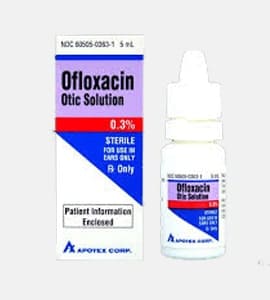Penicillins are useful against infections in many parts of the body, including the mouth and throat, skin and soft tissue, tonsils, heart, lungs, and ears. However, since many bacteria are resistant to penicillin, it is often wise to do a culture and sensitivity test before using penicillins. In some cases, there are only a few types of bacteria that are likely to be a problem, and so it is appropriate to use a penicillin without testing. For example, dentists often prescribe penicillin to prevent infections after dental surgery. Low-sodium diet
Some penicillin medicines contain large enough amounts of sodium to cause problems for people on low-sodium diets. Parents of children on on such a diet should make sure that the physician treating the infection knows about the special diet.
Diabetes
Penicillins may cause false positive results on urine sugar tests for diabetes. People with diabetes should check with their physicians to see if they need to change their diet or the doses of their diabetes medicine. Penicillins should be administered exactly as directed. Users should never give larger, smaller, more frequent, or less frequent doses. To make sure the infection clears up completely, patients should take the medicine for as long as it has been prescribed. They should not stop taking the drug just because symptoms begin to improve. This point is important with all types of infections, but it is especially important with strep infections, which can lead to serious heart problems if they are not cleared up completely.
This medicine should be used only for the infection for which it was prescribed. Different kinds of penicillins cannot be substituted for one another. Do not save some of the medicine to use on future infections. It may not be the right treatment for other kinds of infections, even if the symptoms are the same.


 English
English
 Français
Français
 العربية
العربية
 Deutsch
Deutsch
 Čeština
Čeština
 Español
Español
 Italiano
Italiano
 CZK
CZK



















